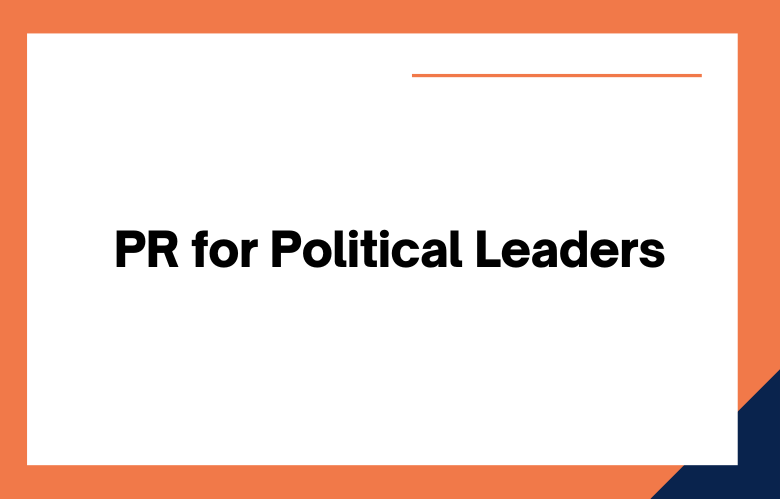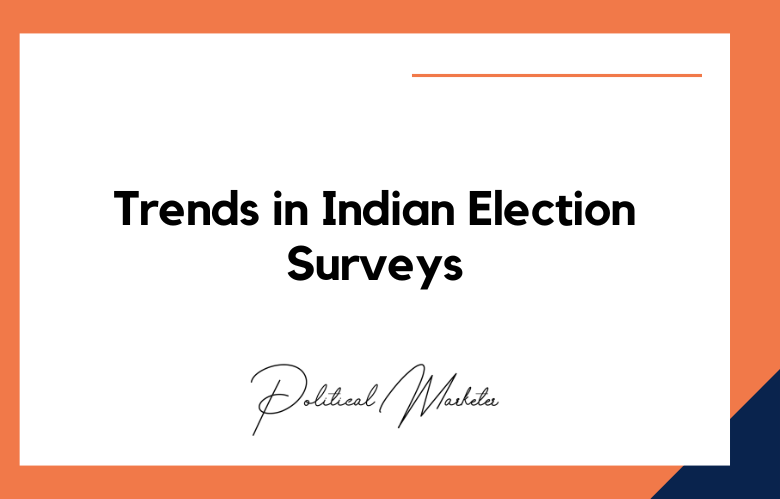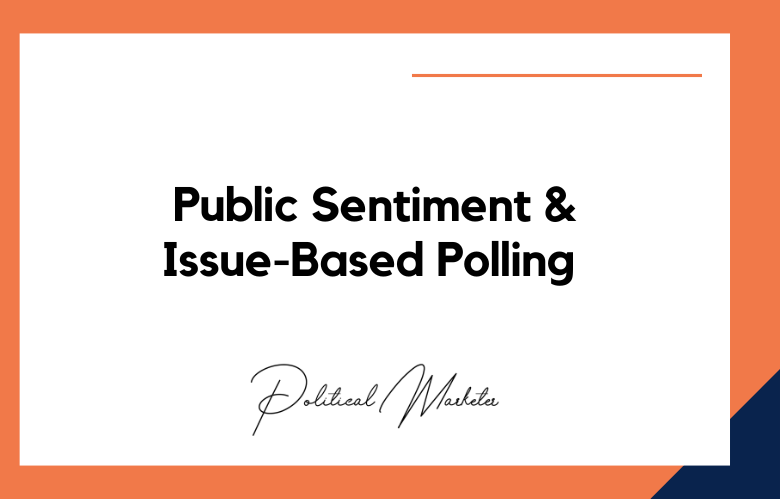Effective communication is critical to any successful venture, and politics is no exception. Regarding political campaigns, good PR can make or break a candidate’s chances of success.
In a crowded field, politicians need to be able to differentiate themselves, and that’s where a strong PR strategy comes in.
We’ll explore the art of PR for political leaders and political campaigns, examining the elements that make for successful public relations in the political sphere.
Firstly, a successful PR campaign in politics begins with a clear message. This message should be robust enough to stand up to scrutiny and yet simple enough to communicate effectively to the public.
A clear and concise message enables a candidate to stand out from the crowd and appeal to voters. Political campaigns must, therefore, prioritize a well-crafted, compelling message that succinctly articulates their values and goals.
How Effective PR Can Help Political Leaders and Campaigns?
In today’s world, the media plays a significant role in shaping public opinion. Whether print or digital media, what is disseminated can shape people’s perception of issues, individuals, or entire communities.
Therefore, political leaders and candidates desirous of success need to harness the power of the media by managing information flows and ensuring that they reach the right demographics.
They must also create a positive image of themselves and their ideas while still mindful of the competition.
This is where public relations (PR) comes into play. I will explore how effective PR can significantly help political leaders and campaigns.
The Power of PR for Political Leaders and Political Campaigns?
The world of politics is both fascinating and challenging. It is full of ups and downs, wins and losses.
To succeed, political leaders and campaigns must have a strong and effective public relations (PR) strategy.
With one, they can stay within their goals and connect with voters. I will explore why PR is crucial and some key strategies political leaders and campaigns can use to create a winning image.
Building Credibility:
Credibility is critical in politics. Political leaders and their campaigns must establish themselves as trustworthy sources of information to win voters’ trust.
PR plays a vital role in building this credibility by creating a consistent and positive image for the politician or campaign. This can be achieved through effective messaging, targeted media outreach, and a solid social media presence.
Storytelling:
One of the most effective ways to connect with voters is through storytelling. Political leaders and campaigns can create an emotional connection that is difficult to break by sharing stories that resonate with voters.
PR can help by crafting these stories and finding the most effective way to share them publicly. This can include creating video content, social media campaigns, or interviews with local media.
Crisis Management:
In the world of politics, crises are almost inevitable. Whether it’s a scandal, a miscommunication, or a mistake, political leaders and campaigns must be prepared to handle these situations effectively.
PR plays a critical role in crisis management by helping to minimize the damage and control the message. Effective crisis management can help political leaders and campaigns weather the storm and emerge stronger on the other side.
Grassroots Outreach:
In politics, it’s important to remember that every vote counts. This means reaching out to grassroots organizations, community leaders, and local businesses is crucial.
PR can help political leaders and campaigns connect with these groups and build strong relationships, which can lead to valuable endorsements and votes.
Online Presence:
A solid online presence is crucial for political success in today’s digital age.
A well-designed website, active social media channels, and engaging online content help political leaders and campaigns reach a wider audience and connect with voters more effectively.
PR can ensure all these elements are in place and working together seamlessly for maximum impact.
PR for Political Leaders and Political Campaigns: Tips and Strategies You Need to Know?
Public relations (PR) plays a vital role in the political world. In a political campaign, PR creates a positive public image, builds credibility and trust, and wins support from voters.
Political leaders and campaigns need PR professionals to create and execute effective communication strategies and messaging. Provide tips and techniques for successful PR in political campaigns and for political leaders.
Know your audience
The first key to effective PR in politics is knowing your target audience. Understanding their needs, priorities, and concerns can help tailor your messages and communication strategies to resonate with them.
Political campaigns and leaders should research and gather data on their target audience, including demographics, political affiliations, and issues they care about. This will help them craft messages and PR campaigns that connect with them.
Be transparent
Transparency is crucial in political PR. This means being honest and open about your positions, intentions, and activities.
Being transparent builds trust with your target audience, and a lack of transparency can damage your reputation.
Political campaigns and leaders should create a culture of transparency and accountability, providing access to information and being forthcoming about their actions.
Monitor media coverage
Media coverage can make or break a campaign or political leader. Therefore, monitoring media coverage and responding appropriately is critical for PR success.
This involves tracking media mentions, monitoring social media conversations, and engaging with reporters. Political campaigns and leaders can use media monitoring tools to gather data and insights on media coverage.
Develop a crisis management plan.
Political campaigns and leaders should always be prepared for crises. Adverse events, scandals, or controversies can quickly damage your reputation and credibility.
A crisis management plan can help contain and mitigate the damage. This plan should include procedures for responding to various crises, outlining roles and responsibilities, and identifying key stakeholders.
Embrace social media
Social media has become a powerful tool for political PR. From Twitter to Facebook, social media platforms provide a way to connect directly with voters, share messaging, and mobilize supporters.
However, to be effective on social media, political campaigns and leaders should have a clear strategy, engaging content, and effective moderation. Social media should complement other PR strategies, not replace them.
Conclusion:
The art of PR in politics involves various activities to shape public perception and drive political campaigns.
Effective public relations are critical to political success, from crafting a clear and compelling message to building a solid visual identity.
Given the complexity of running a successful PR campaign, political leaders and the campaigns they represent should invest time and resources into PR strategies tailored to their particular goals and values.
Politicians can improve their chances of capturing their target audience’s attention and votes by taking a multifaceted approach to public communications.
Call: +91 9848321284
Email: [email protected]











